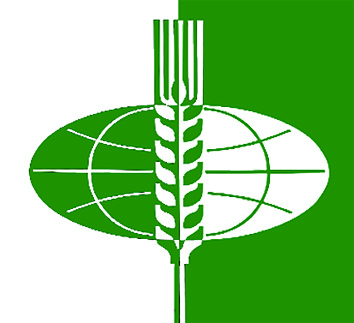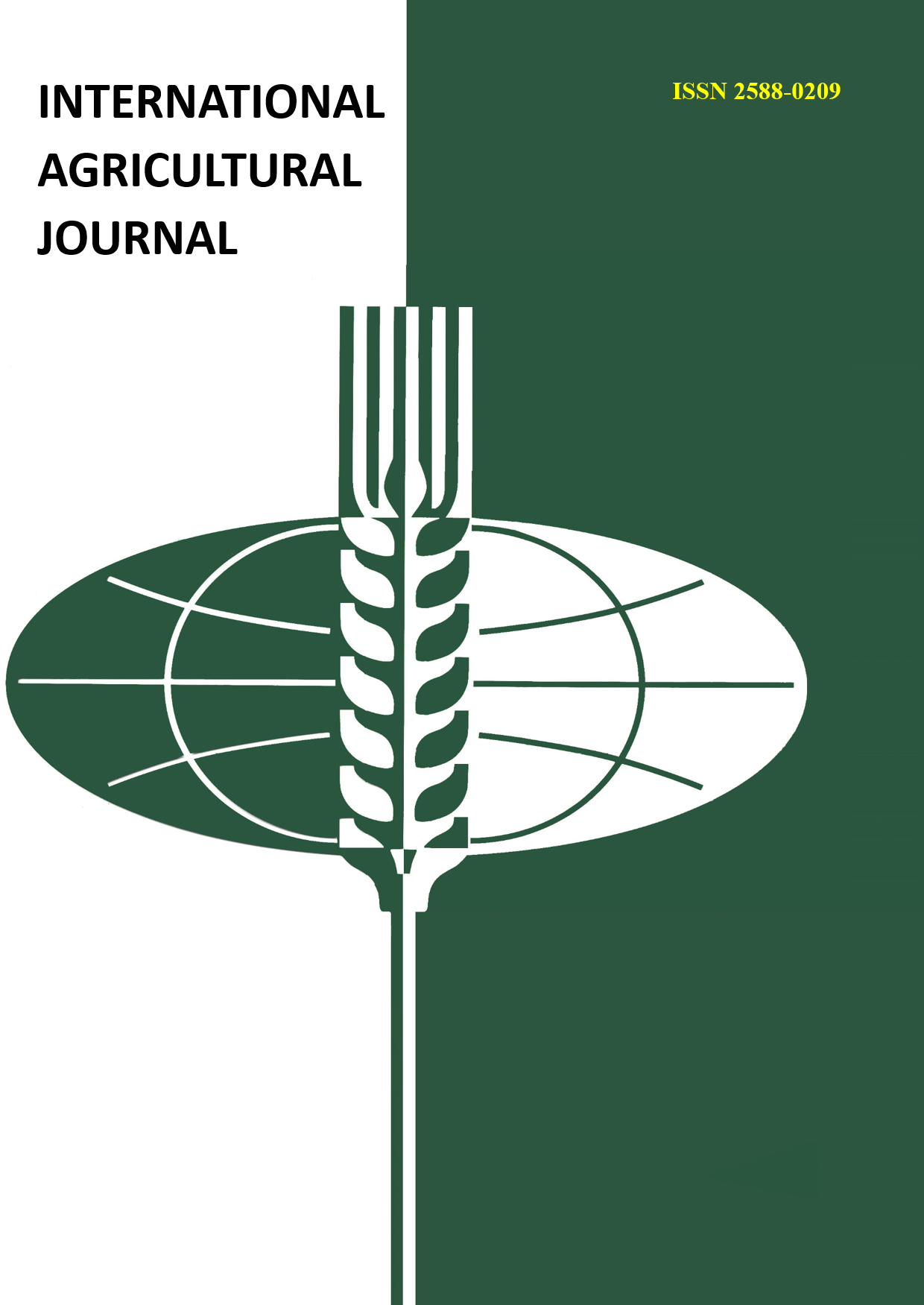The article deals with the problems of zoning of ecological and economic systems for the purpose of developing a management system for their sustainable development. On the basis of theoretical and methodological analysis, the principles of their typology are proposed: historical-evolutionary, structuralist and positional. The result of the typology is the definition of heterogeneous areas, their reasons and the features of their structural organization. It is based on the definition of the geosystem organization (natural zone, relief and soil cover), as well as the main socio-economic features, specialization of the economy, the allocation of an ecological and economic framework. On the example of the Penza region, a general description of its ecological and economic system is given. This is a forest-steppe territory with a predominance of elevated relief of gray forest soils and chernozems, a high role of agriculture, dependence on the transit position of the main highways and railways, poor industrial development and a developed social structure in the center. Identified and substantiated ecological and economic zones: ecological and economic core, central, northwestern, southwestern, southeastern and northeastern zones. Their formation was influenced by the peculiarities of agro-climatic, forest resources, minerals, as well as the economic and geographical position in relation to the ecological and economic core. The article was prepared within the framework of the scientific project No. 20-010-00875 A "Problems of managing sustainable socio-ecological and economic development of Russia and ways to solve them" with the support of the Russian Foundation for Basic Research.
ekologo-ekonomicheskaya sistema, zonirovanie, tipologiya, upravlenie, Penzenskaya oblast', rayonirovanie














